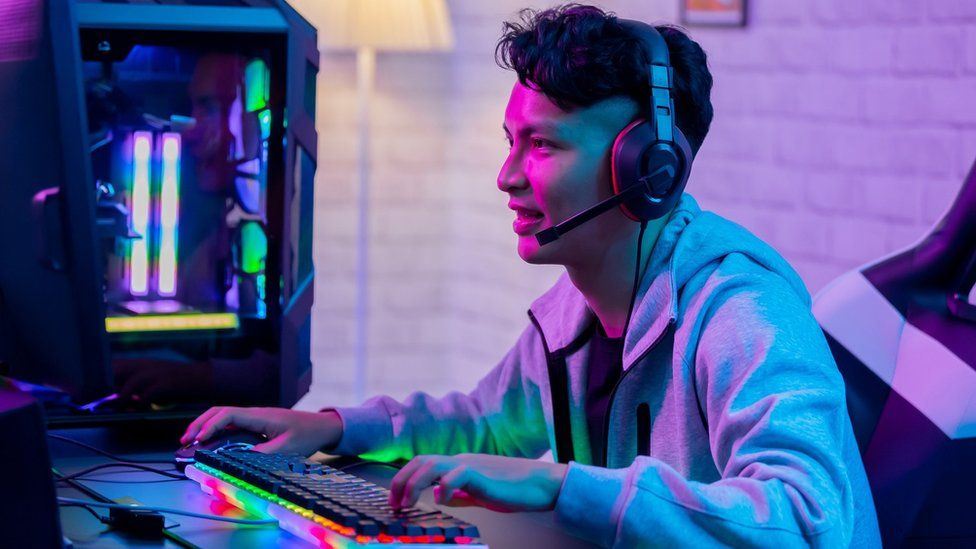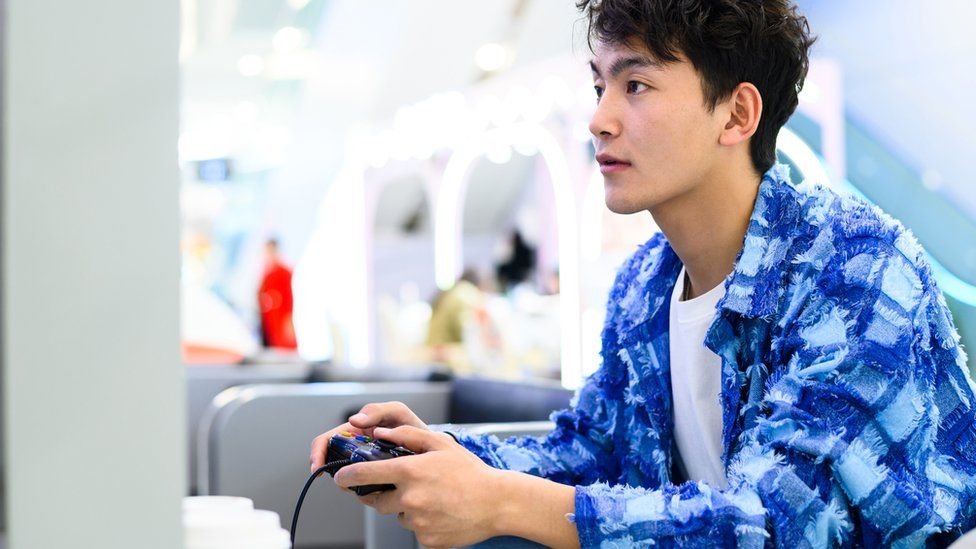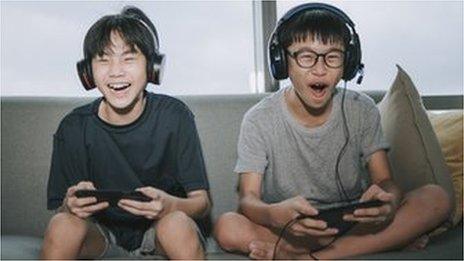China appears to U-turn on strict gaming rules proposals

China has reportedly backtracked on introducing strict rules on video gaming after draft legislation was removed from the regulator’s website.
The National Press and Publication Administration (NPPA) had proposed rules aimed at limiting the amount of money and time people spent on gaming.
However, the draft of the rules had gone from the NPPA website as of Tuesday morning, according to Reuters.
The consultation period for the rules had expired on Monday.
They would have limited in-game purchases and discouraged “obsessive” gaming.
Incentives such as daily log-in rewards would have come under fire, while the introduction of a pop-up warning players of “irrational” behaviour was proposed.
Share prices of Chinese gaming firms – including the world’s biggest gaming company Tencent Holdings and its rival NetEase – jumped after the apparent U-turn on Tuesday.
They had plummeted after the rules were first proposed in December, wiping nearly $80bn (£63bn) off the value of the two companies.
At the time, analysts said the worst impact would be on smaller or medium-sized developers rather than the gaming giants.
A few days later, the NPPA appeared to soften its stance on some of the proposals after the market responded badly to the news, and share prices recovered somewhat after that.
Although that move reassured the industry to an extent, there is still a lot of uncertainty, says Ivan Su, senior analyst at Morningstar.
“I think this type of sentiment will probably last for quite some time, unless we get a very drastic turnaround in government rhetoric, or unless we get some super supportive policies,” he said.
“We don’t know if it’s going to happen in a week, in a couple months, or in a couple of years… that’s the main uncertainty.”
However, Mr Su thinks that if any new legislation comes, it will be “toned down to a degree that it will have a negligible impact to gaming companies.”
But the uncertainty may cause future shifts in the Chinese gaming industry.
China’s largest crackdown on gamers came in 2021 when children were banned from playing for more than an hour on certain days.
That same year, the government stopped gaming licences from being granted for eight months.
As a result, says Mr Su, “a lot of Chinese developers have started shifting their development pipeline toward overseas games”.
NetEase and Tencent acquired or invested in companies in the likes of France, Japan and the United States.
Given regulatory uncertainty in China at the moment, the bigger developers may look again at expanding overseas.
Related Topics
- Gaming
- Companies
- Tencent
-
China to increase curbs on video gaming industry
-
22 December 2023

-
-
China cuts children’s online gaming to one hour
-
30 August 2021

-
Published at Tue, 23 Jan 2024 15:25:13 +0000
